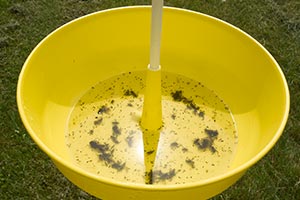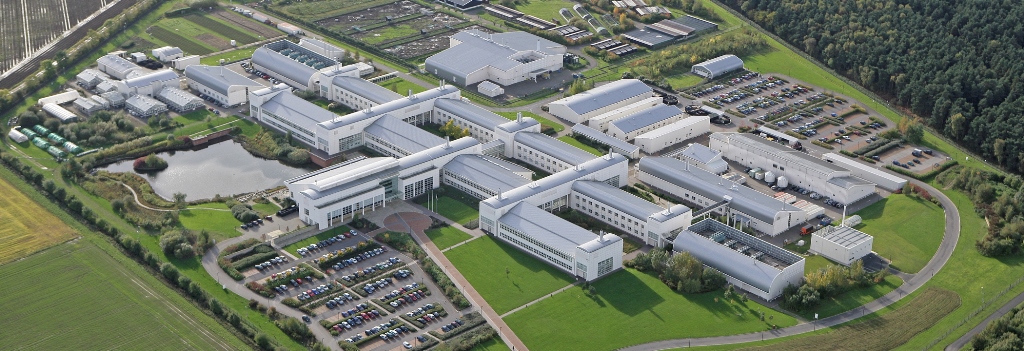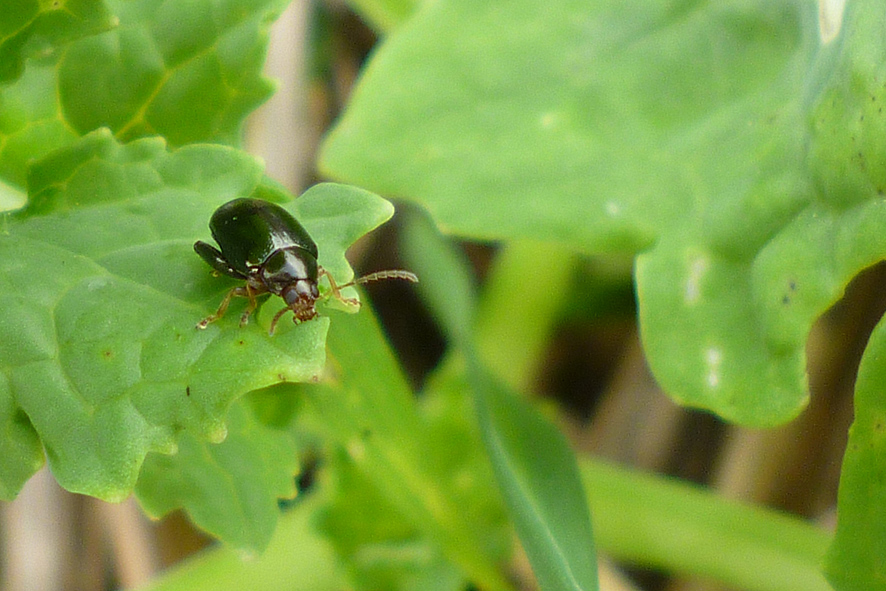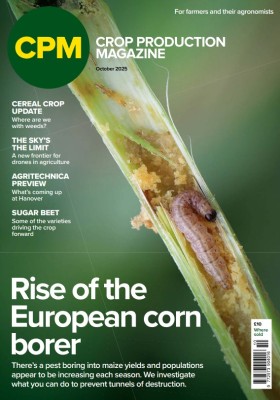Insect-monitoring is one of a range of services on offer from Fera that gives growers robust information on in-season threats to crop yield. CPM reviews the service and goes behind the scenes to find out what it offers.
By Tom Allen-Stevens
The might and scientific rigour of Fera’s world-renowned monitoring and analytical services is now within easy reach of growers and agronomists.
From insect-monitoring to DNA extraction for soil health, the range of services now on offer can be viewed on the Fera website

The insect-monitoring service costs £234, which includes a water trap plus six weeks’ worth of sample processing and results.
The insect-monitoring service, for example, provides the tools and services that gives growers detailed information on pests such as aphids and cabbage stem flea beetle in oilseed rape.
“We developed the service for OSR about three years ago, and currently process around 1500 samples per year across all crops,” says Fera applied entomologist Larissa Collins.
“We provide you with not only the tools you need to assess the extent of the problem, but also the knowledge you require to make informed treatment decisions.”
So along with water traps, sample pots and return envelopes, you also get an assessment of the sample provided, and access to some of the top specialists in the UK.

Larissa Collins
“Often we can deliver feedback by lunchtime on a sample we receive that morning,” notes Larissa Collins.
This will include an assessment of peach potato aphids (Myzus persicae) which can reduce OSR yield by up to 26% through transmission of Turnip Yellows Virus (TuYV), as well as for cabbage stem flea beetle (CSFB).
“Every year, between 67% and 76% of the national oilseed rape crop is affected in some way by CSFB damage, according to AHDB, but field reports suggest the level of crop damage varies enormously,” she continues.
“Fera’s insect-monitoring service allows you to identify the risk to your crop and when this risk occurs, so you can target insecticide applications more effectively – it puts you back in control of the issue.”
There’s an insect-monitoring ebook available and a form has been added to the website for CPM readers to submit specific enquiries to Fera specialists.
Added-value services
The service is just one of four that Fera says are delivering added value to growers from key areas within its core activities.
The Plant Clinic allows growers to submit suspect samples for disease diagnostics and testing. Handling in excess of 8500 samples every year, it offers the most comprehensive range of testing services, claims Fera.

Fera’s headquarters at Sand Hutton, near York
Fera has also been working to develop a suite of direct soil tests that will allow farmers to understand the levels and distribution of soil-borne pathogens in the field and therefore the risk of disease before they affect the plant.
“Ever-growing restrictions on pesticides, a lack of new active ingredients coming onto the market and increased resistance by pathogens to active ingredients are real issues,” notes ecologist Chris Dennis.
“Using the latest predictive models, we’re able to compare the levels of DNA found in fields, to attribute a risk of disease development, which enables farmers to more selectively choose the crops and varieties they plant.
“We’ll give you guidance on how to take samples to ensure they’re reliable and free of contamination.”
Potato growers would also find the nematode-testing service a reliable way to assess levels of PCN, for example, says Fera.
For more information about any of the services, growers are encouraged to fill out the form on the Fera website or visit stand no 643 at Cereals.





